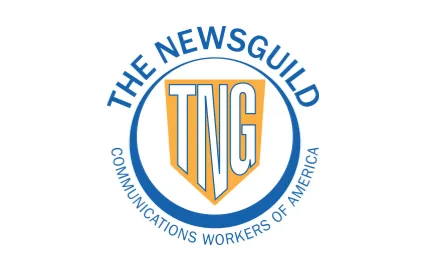The rise of ‘news deserts’

Poynter Institute has reported that 50 U.S. newspapers, mostly weeklies in small communities, have closed since the COVID-19 pandemic began this spring. They are among the more than 2,100 newspapers — mostly weeklies and representing one in four newspapers — that have shut down since 2004, based on research on “news deserts” by journalism professor Penny Muse Abernathy at the University of North Carolina.
The Paycheck Protection Program that was part of the CARES Act helped many newspapers avoid what appeared to be an acceleration of downsizing and closures during the pandemic, but local news outlets owned by large businesses such as Gannett, Lee Enterprises and Tribune Publishing were blocked from taking part.
Legislation with bipartisan support, Senate Bill 3718, would expand the PPP to cover any news outlet, even those owned by large chains, if a physical location employs fewer than 1,000 workers for newspapers, or less than $41.5 million in gross receipts for broadcasters. The bill is supported by the NewsGuild-CWA, the nation’s largest labor union for journalists, and industry groups including the News Media Alliance and the National Association of Broadcasters, which has set up an online portal (bit.ly/SenateBillPetition) that citizens can use to email their senators.
Spokespersons for Gannett, Lee and Tribune didn’t respond to calls and emails asking their stance on the legislation.
The bill has raised questions about whether newspaper operators would compromise journalistic ethics by accepting help from the government. But for Muse Abernathy, “This is about the need to support the journalism that is so needed now.
“This is a business problem, not a journalism problem,” Muse Abernathy said, adding that a second round of PPP funding may be needed by news outlets that benefited from the first round.
“When you lose reporters and small dailies and weeklies, you’re actually losing someone who shows up to report on the school board meeting or county commissioners,” Muse Abernathy said. “When you lose reporters at regional and metro newspapers, you lose the people who are able to talk about a trend or conduct an investigation and give us the facts about an issue to make widespread policy changes at the state, national or local level.”
Study: Private equity firms buying newspapers cut local news
Vulture capitalists are circling my old newspaper. Here’s why we need to fight them off.
How the Local News Crisis Affects Coverage of COVID and Climate – and Vice Versa

